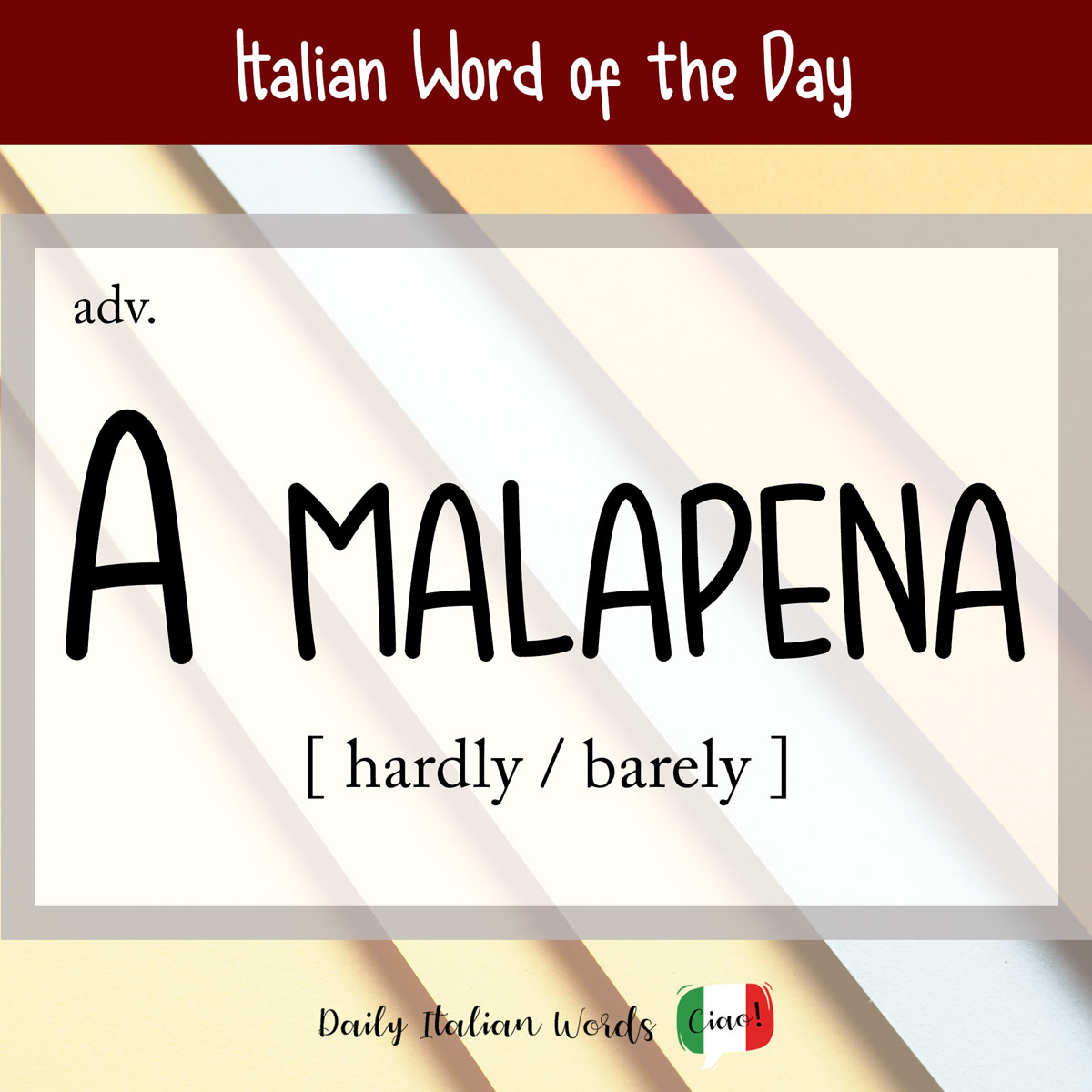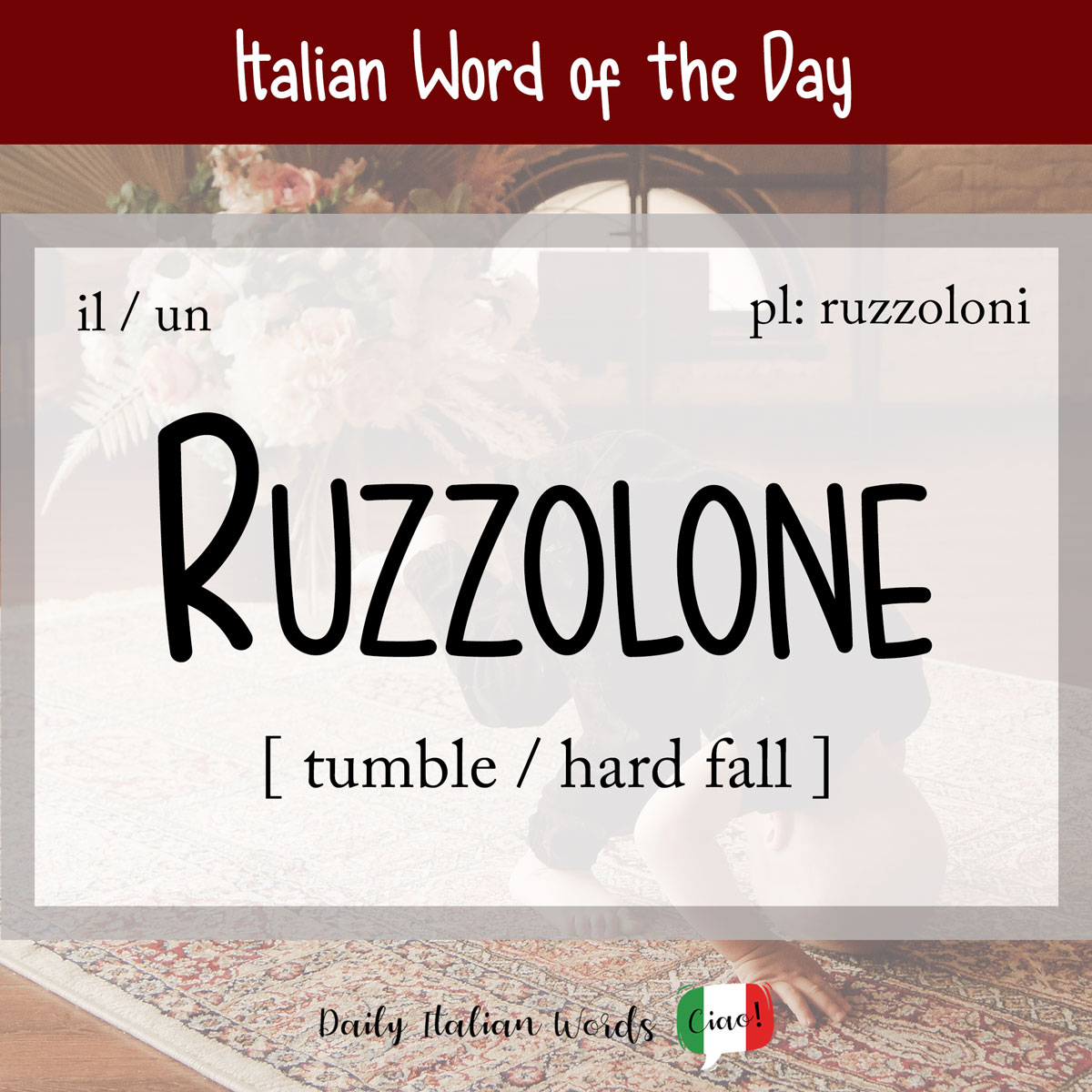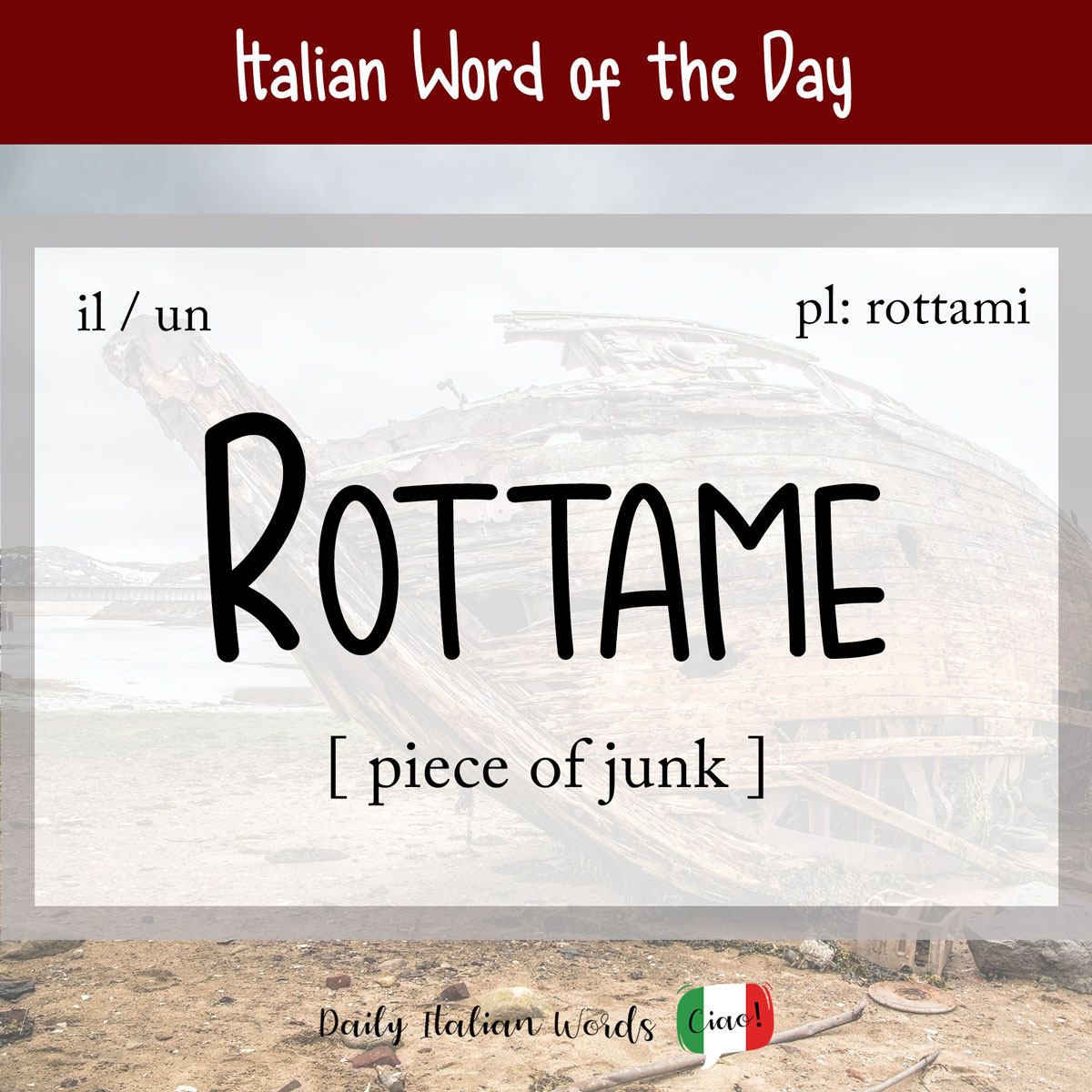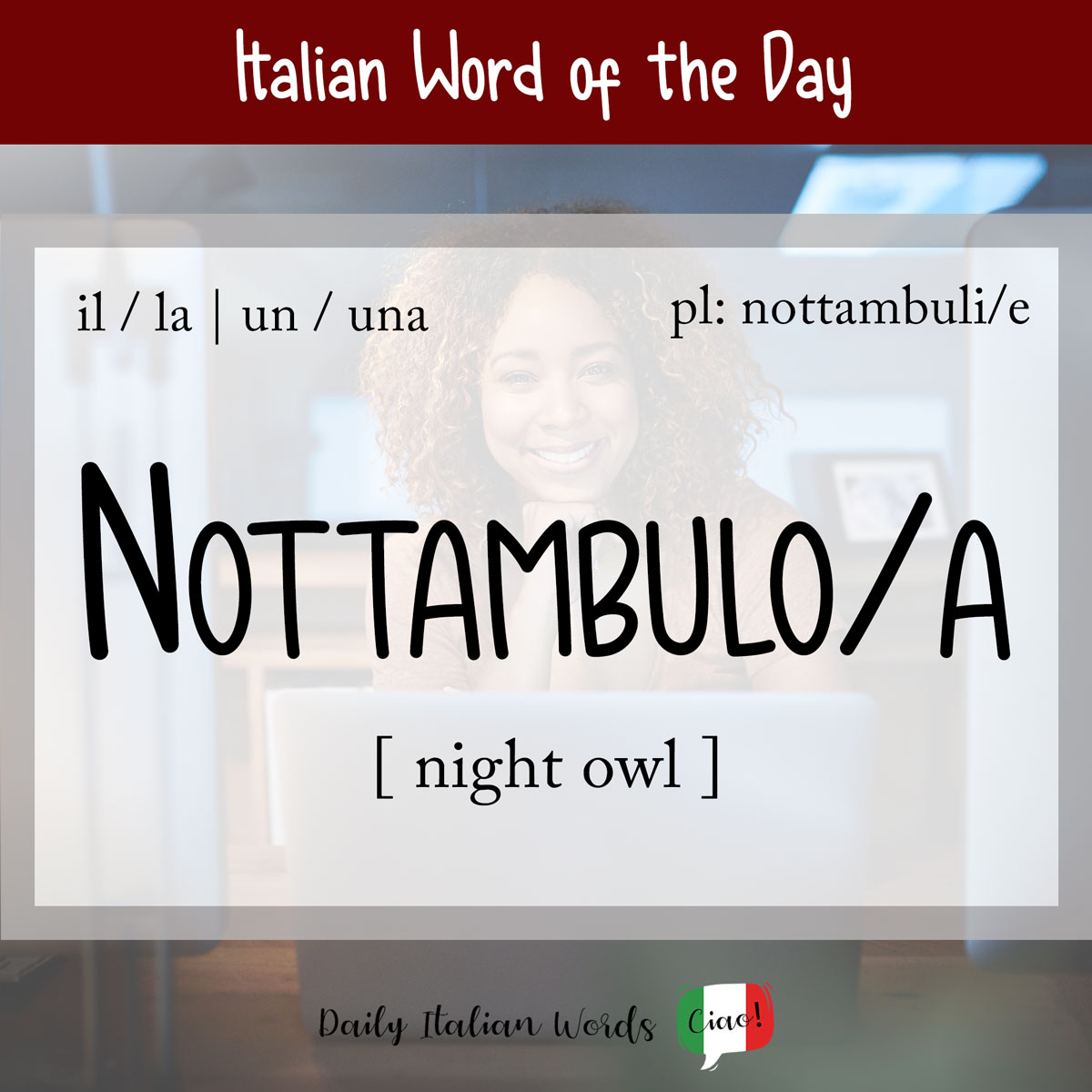Italian Word of the Day: A malapena (barely / just about)
The adverbial phrase a malapena means barely, scarcely, hardly, just about or only just in English. /ma·la·pé·na/ In both languages, these expressions often (albeit not always) imply some degree of hardship or difficulty. Il paziente con la bronchite riesce a malapena a respirare. The patient with bronchitis is hardly able to breathe.The patient with bronchitis …






